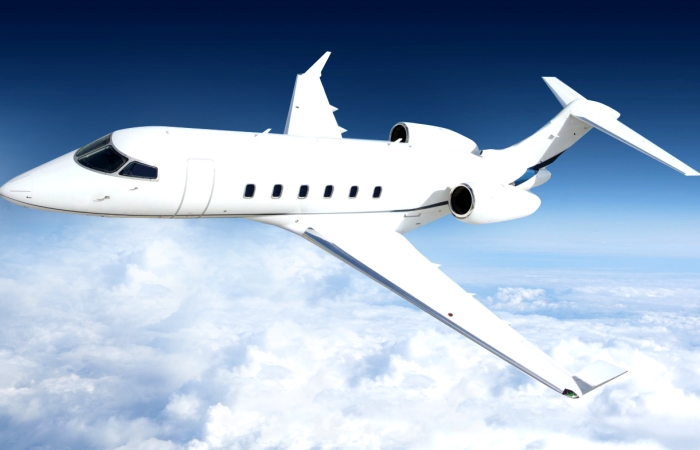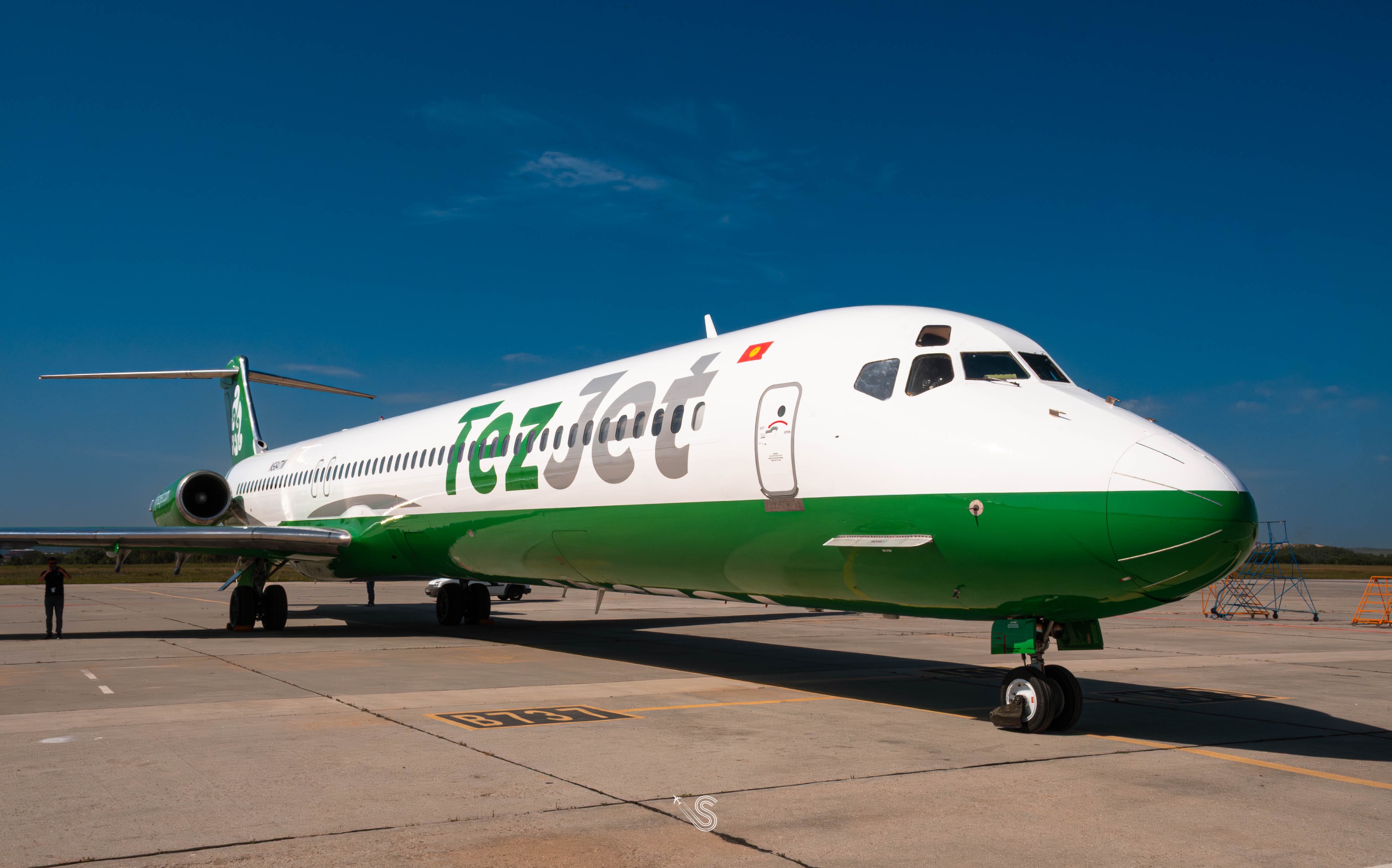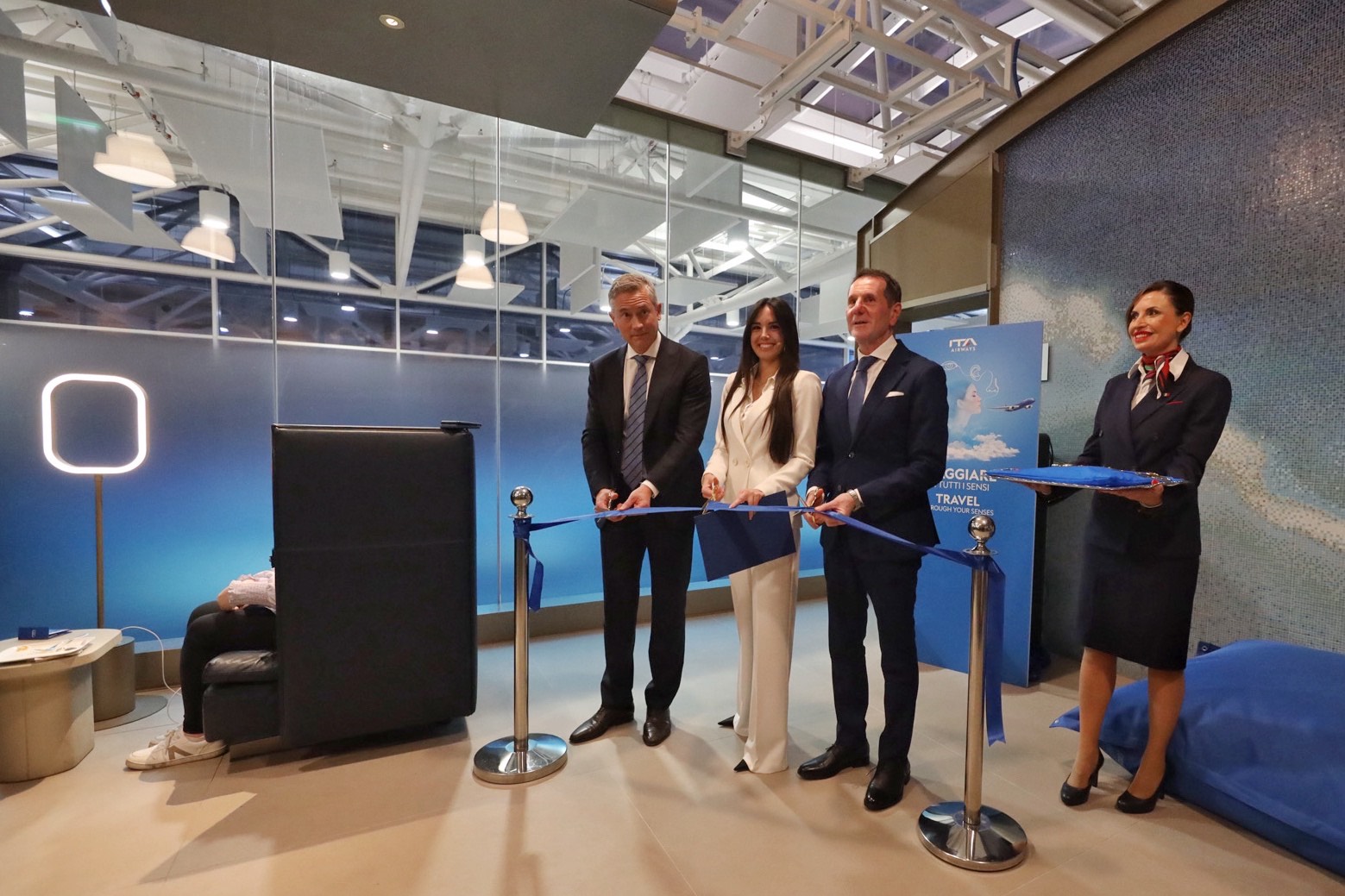Airports and aviation companies have been evolving and innovating themselves to not just stay relevant during the pandemic but to zoom ahead of the curve and do their bit to re-open travel quickly. These seven instances could give us an indication of where the industry is headed.
Hazel Jain
In-flight testing
Israeli airline El Al recently carried out in-flight tests on a JFK-Tel Aviv flight. Passengers who either tested in-flight or just before boarding will be able to skip taking a test immediately on arriving in Israel.They will however have to isolate for a week, after Israel placed the USA in a higher risk category.
Robot patrol
Urumuri, meaning ‘light’ in Rwandan, is one of five robots stationed at Kigali International Airport in July 2020. Its job is to screen passengers’ temperatures at a rate of between 50 and 150 people per minute. In the event someone isn’t complying with mask rules, Urumuri can approach them and request them to mask up. It can also identify coughing and other signs of possible COVID-19 infection.
Private flying
The biggest shift we see since COVID-19 in the way travellers are flying is that more people than ever are flying private. And the reason is that it’s never been more accessible. Flying private is no longer just for the ultra-rich. Thanks to new Apps and services offered by companies like Wheels Up, XO, Blade and Aero, flying private can be as easy — and sometimes almost as affordable — as ordering a car. There are dozens of regularly scheduled ‘private’ flights that can be book by the seat when there’s no scheduled service available.
Quarantine loophole
The citizens of India are barred from entering many countries during the pandemic unless they spend two weeks in another country en route. To take advantage of this loophole, many travel agencies in India are re-routing their customers via other countries such as Serbia as a stopover destination for Indians because they offer them visa-free entry if they have been vaccinated and test negative for the virus. Many termed this new segment of travel as ‘quarantine tourism’.
Monitored self-testing
This is gaining traction since the past six months, where passengers take a pre-departure COVID test themselves and it is then verified. A number of major airlines are already on board with this. They offer antigen tests for passengers to pack in their luggage. The passenger then takes the test before returning to the USA, while being monitored on video.
No-charge insurance
Among the initiatives adopted by airlines such as Emirates, WestJet, Etihad, and Virgin Atlantic is the introduction of no-charge COVID-19 travel insurance and medical cover for some customers. These were geared towards protecting against unforeseen medical costs associated with COVID, quarantine accommodation costs as well as to provide assurance and thereby enhance consumers’ confidence in air travel. This provides opportunities for firms to diversify their offering and tap into new sources of revenue.
No more lost luggage
British start-up UtterBerry has worked on the development of airport smart trays – a wireless AI Blockchain technology that could do wonders for the future of airport security. This will not only increase security at the border but make airport checks quicker and easier for passengers. The trays use a mix of Blockchain technology, machine learning and AI.
 TravTalk India Online Magazine
TravTalk India Online Magazine





